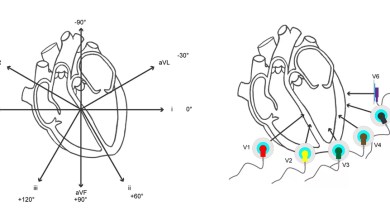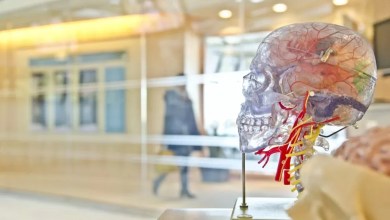A reflective post.
Sometimes I forget, so easily, what I’ve seen and who I’ve met, as if all of those experiences have accumulated into one. There is a beauty to this work – a sort of study of the potential of humankind, a sociological survey in a way, a means to observe the route to each eventuality.
We each explore every inch of our own naivety in the living conditions of every human and their pet, and the desperate circumstances that each person – regardless of their income – finds themselves in when they call 999: from the first cut finger that sends them into a panic, to the teenager whose first meal in days is too late to prevent a syncope. At the same time, we question, moan, degrade the lack of “common sense” in our neighbours. Or perhaps we degrade ourselves – after all, what has our common sense become after excessive exposure to illness and injury? What is our impression of “emergency” after years of practicing urgency in precise circumstances?
Perhaps, in our roles and years of experience, we have experienced growth upon growth – our pre-existing sensibility has been both nurtured and strained. We never did shout “emergency” for our own minor injuries before. Maybe that is what led us to work in the field we work within: we know to be calm when our legs can still take us to help, or we have adventured into such faraway places that we have had to find calm to find help – or worse, wait for pain to subside and injuries to heal without a polypharmacy. After all, this work attracts certain people who grit teeth rather than scream.
This work does more than that. It also reminds us that no matter how many days our washing is piling, no matter how long we have waited to clean the dishes, no matter how grubby our carpet, and no matter how strong the stench in the communal hallways, it could always be worse. There are homes in which I have tried tip-toeing (and failed) (you know, the ones that, following your visit, you see reason to stand on the Clinell Wipes you have just neatly placed on the ambulance floor; the ones that make you think, oh, that’s what those little plastic shoe coverings are really for), places in which I have had to wipe my glasses when I step inside, ones in which I have asked if I could open windows (and ones in which windows do not open). There are places in which we have hurried the grab bag back outside to prevent placing it on the infested floor, and ones we’ve immediately asked the patient to step away from.
Of course, this work has caused more. There are also places of inspiration – places in which I make a mental note of wall colours and furniture, places in which we admire the garden, and ones patients are so proud of they won’t leave, even during fires.
It’s not all material. There are patients who have proved to me the importance of healthy lifestyles and adaptable homes, ones who are so debilitated by conditions that they creak like an old tree – yet it is the patients much older who repeat endlessly, “never grow old.” Some have a point. Others are so disproven by age-defying marathon runners and glass half-filled storytellers that my empathy is reduced to a mere ‘hmm’ and a raise of my eyebrows.
The purpose of this blabbering is to remind myself, perhaps all of us, that the route to hospital can be an insightful one, as can the route home on a flight. Sometimes we forget what we see and who we meet. We forget how our paths intertwine, how a few different life circumstances or decisions could have led us to opposing roads. We work (or worked) so intensely, especially overnight, and the “I pay my taxes” or cut finger is too starkly followed by a cardiac arrest (or vice versa). Therefore, to work in this field is to see the juxtaposition of life and have it become normality, to the point we forget how much we have seen, as if it has all become one bubble, which perhaps occasionally we ought to let trickle.
This is your invitation to realise what you have seen and the characters you have met (ensuring confidentiality) – let the bubble of stories, of life, of potential possibilities trickle out, rather than float into the abyss.
Discover more from Article 999: Refresh, support, advance UK public health literacy & Paramedics (and similar roles).
Subscribe to get the latest posts sent to your email.







